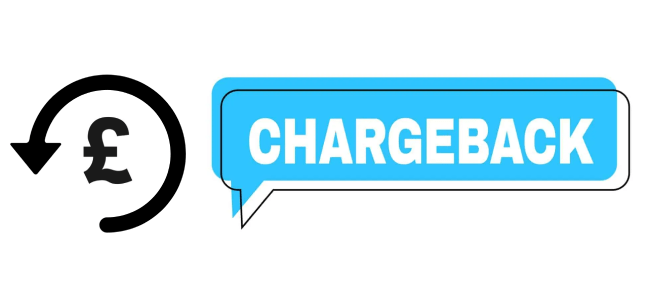
Online casinos have captivated the hearts of millions around the globe. But what happens when the tide turns and some players seek to reclaim their losses?
This brings us to the topic of online casino chargebacks, a contentious issue that stands at the intersection of e-commerce, gaming, and consumer rights.
What is Chargeback in a Casino?
A chargeback in a casino context refers to the process of reversing charges made to your payment method, usually stemming from an online casino transaction. This is akin to demanding a refund directly from your bank, rather than the casino itself.
However, it's crucial to recognise that this action is not to be taken lightly. Chargebacks carry potential legal ramifications and should only be considered under specific circumstances.
Is It Possible To Dispute Online Casino Charges?
Yes, it is possible to challenge online casino charges, but this should only be undertaken under very specific circumstances.
Generally, online casinos offer an interactive service where players exchange money for the chance to participate in various online games. As such, a request for a chargeback simply because you didn't strike it rich on the slots, or regret your losses will typically end in disappointment.
However, there are instances when disputes are legitimate. Let's delve into the specifics.
When Should You Dispute Casino Charges?
Unauthorised Transactions
If you spot charges from an online casino you've never visited, you have a right to dispute these charges. This situation could suggest that your bank or card details have been compromised, resulting in fraudulent transactions.
Non-Provision of Promised Services
When the service you paid for isn't delivered as promised, you're entitled to dispute the charges. For instance, if an online casino promotes a vast array of casino games, but reality reveals a meagre selection, you could consider a chargeback.
Rigged Games
If you suspect foul play where games appear rigged in the casino's favour, and you can substantiate this claim, you may have grounds for a dispute. However, remember that games of chance are exactly that, and a streak of losses is not indicative of foul play.
Victims of Fraud
In instances where you're a victim of fraud or identity theft, and unfamiliar casino charges appear on your statement, you're justified in disputing these charges.
When Shouldn't You Dispute Casino Charges?
It's crucial to understand that chargebacks are not a mechanism for regret or disappointment. You cannot dispute casino charges merely because you didn't win or wish you hadn't spent as much.
Furthermore, if someone you know accessed your account without your consent, the responsibility lies with you to keep your login details secure. Consequently, you cannot file a chargeback under such circumstances.
Are There Ways To Reverse Casino Charges?
If you believe you have a valid reason for a chargeback, here are the steps you can follow:
- Seek legal advice if you're unsure about your decision.
- Contact the online casino and attempt to resolve the issue directly.
- If unsuccessful, contact your bank and request a chargeback due to fraudulent activity.
- Your bank will conduct a thorough investigation to verify your claim. If validated, your payment will be cancelled and refunded.
Are Casino Chargebacks Illegal?
Dishonest chargebacks, where there's an intent to defraud, are illegal and constitute fraud. This is serious business that can lead to severe consequences, including being blacklisted by casinos, potential lawsuits, and even criminal charges.
Do Casino Chargebacks Get Investigated?
Yes, chargebacks get investigated thoroughly. Once you've lodged your dispute with your bank, it will liaise with the concerned casino to verify the legitimacy of the claim. This process is exhaustive and designed to ensure that only valid claims are honoured.
In conclusion, while online casino chargebacks can provide a safety net for players, they should be the exception rather than the rule. It's important to gamble responsibly, choose licensed and reputable casinos, and remember that gambling is a form of entertainment, not a guaranteed money-making venture.
